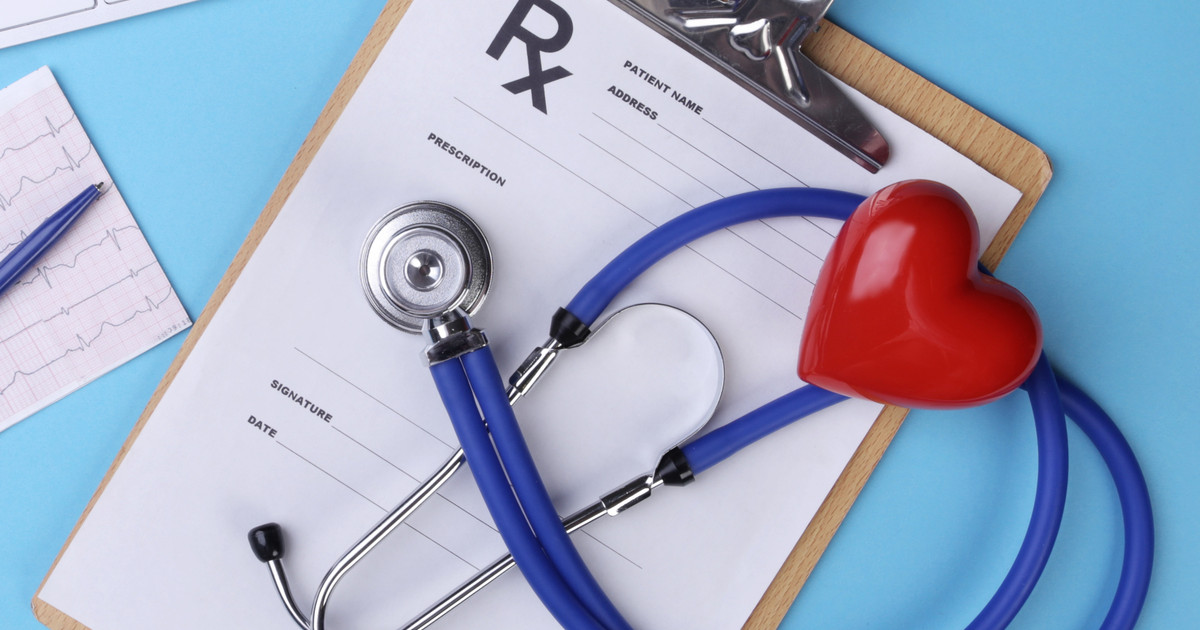Everything You Need To Know About Atrial Fibrillation
Atrial fibrillation is an irregular, sometimes rapid heart rate that increases an individual's risk of heart-related complications including stroke and heart failure. The atria, the heart's upper chambers, beat out of sync with the ventricles, the lower chambers of the heart. Atrial fibrillation is the most common condition of irregular heart rhythm and exists in at least one percent of the population. The condition becomes more common as age increases. It is rare in young people and more common in individuals over eighty years old.
Symptoms Of Atrial Fibrillation

Not all patients experience symptoms of atrial fibrillation, but those who do may experience the following: shortness of breath, dizziness, fatigue, weakness, confusion, light-headedness, poor exercise tolerance, and sweating. These symptoms are usually related to insufficient blood flow. Patients may also feel racing or flip-flopping sensations in their heart that cause discomfort. The feeling of pressure or pain in the chest may indicate a heart attack is about to occur, and immediate emergency medical attention should be sought out. Symptoms of atrial fibrillation may be occasional, persistent, or permanent. Occasional symptoms may be felt for minutes or hours, disappear and return later, persistent symptoms do not go away and require medical attention, and permanent symptoms will always be present and require medication for heart rate control.
Causes Of Atrial Fibrillation

Atrial fibrillation can be caused by many different diseases, and some cases do not have any identifiable cause. Some of the most common causes of atrial fibrillation include pulmonary embolism, heart bypass surgery, pneumonia, decongestant medications, diet pills, caffeine consumption, tobacco use, illegal drug use, alcohol abuse, congenital heart disease, heart attack, cardiomyopathy, valvular heart disease, heart failure, and coronary artery disease. All of these conditions cause some type of interference with or damage to the patient's electrical system within their heart. Mechanisms that cause hypoxia, a lack of oxygen, in the coronary arteries can cause permanent damage the body attempts to repair. Damaged heart tissue is repaired with dense and fibrous scar tissue that can cause problems with the electrical system in the atria of the heart, leading to the development of atrial fibrillation.
